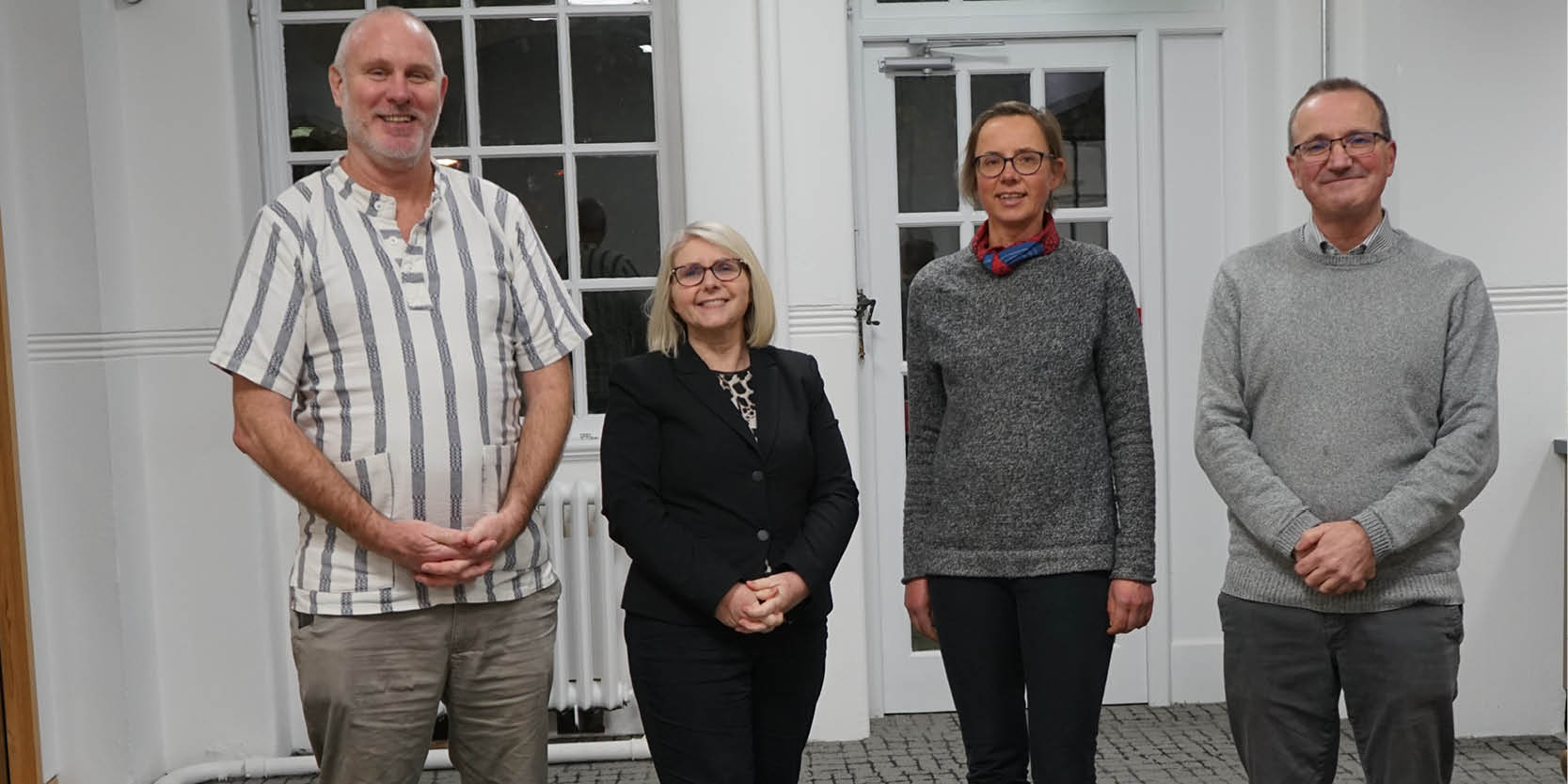In This Section
- Home
- About the College
- Governance
- College Committees & Steering Groups
- College Assembly
- College Council
- College Executive Management Committee
- College Academic Programmes and Curriculum Development Committee
- College Graduate Studies Committee
- College Research & Innovation Committee
- College Teaching Learning and Student Experience Committee
- College Student Recruitment and Outreach Committee
- College Sabbatical Research Leave Committee
- College of SEFS Adjunct Appointments Committee
- International Education Committee
- College Postgraduate Student Committee
- Athena SWAN Steering Group
- College Committees & Steering Groups
- Human Resources
- UCC STEM Awards
- Scholarships and Prizes
- Women in STEM Panel Talks
- Inaugural Professorial Lectures
- Athena SWAN in SEFS
- Proposal Calls
- Contact Us
- Science in Society Public Lecture Series
- Governance
- News
- Staff
- Schools and Departments
- Current Students
- Undergraduate Courses
- Postgraduate Courses
- International Students
- Research and Innovation
- Employability and Careers
- Outreach and Public Engagement
- Science Week
- Transition Year Programmes
Inaugural Professorial Lecture: Professor Gerard Killeen

Professor Gerard Killeen delivered his inaugural professorial lecture entitled "Career adventures with some of the world’s most dangerous animals and pathogens: An African-centred personal perspective" at a special event in UCC on 29 November. Professor Killeen is AXA Research Chair in Applied Pathogen Ecology, School of Biological, Earth & Environmental Sciences/Environmental Research Institute (ERI).
Lecture overview:
Ultimately, we are all Africans and share a common heritage that has been indelibly shaped by the unique history of continuous, uninterrupted evolution on the continent we all originate from. Because human beings have a much longer history in Africa, many species of dangerous animal on the continent have co-evolved along with us, usually to our benefit through innate tendencies to avoid us.
However, now that we, our crops and our livestock offer pests and pathogens such unprecedented opportunities to exploit, we also need to learn from less encouraging examples of long-term co-evolution that give us a hint of what may lie ahead unless we manage our future relationship with the planet far more astutely. In the context of increasingly frequent emergence of pathogens like HIV, SARS, COVID and Monkeypox from zoonotic reservoirs, I will explain how malaria has shaped human history and how a small number of human-adapted mosquito species have mired Africa in holoendemic transmission and entrenched poverty that it is only now starting to tentatively put behind it.
More importantly, I will describe my personal experiences of involvement in recent progress and ongoing struggles with malaria in Africa, with a particular emphasis on how to survive, manage and enjoy such a career, with those at the outset of their own careers specifically in mind. In particular, I will outline solution-oriented perspectives on the most frustrating non-technical issues that currently hold back the African scientists, practitioners and home-grown institutions who can deliver sustained progress over the long term, specifically entrenched inequity of opportunity, white saviourism and outright profiteering by established players in the global north.
Biography
Prior to joining UCC as the AXA Research Chair in Applied Pathogen Ecology, Professor Gerry Killeen was based at the Ifakara Health Institute (IHI) in Tanzania for almost 17 years, during which time he established what is now known as its Environmental Health and Ecological Sciences Department. During his time in Tanzania, he worked for the Liverpool School of Tropical Medicine, Durham University and the Swiss Tropical and Public Health Institute. Before that he worked at the International Centre of Insect Physiology and Ecology in Kenya and Tulane University in the USA.
Professor Killeen works on a variety of basic and applied aspects of malaria transmission control, especially vector control, with a strong emphasis upon quantitative ecology and mathematical modelling, as well as capacity strengthening at individual, systems, institutional, national and regional levels. He has supported several national malaria control programmes and established the locally managed Dar es Salaam City Council Urban Malaria Control Programme, which is now being used as a model system for government scale-up of environmentally friendly, pro-active larval source management for malaria vector mosquitoes more broadly across Tanzania. Some of his work on adult mosquito control with insecticidal bed nets has shaped global policies regarding universal coverage targets for this life-saving technology, as well as investment in innovations to address limitations and vulnerabilities of this key front-line vector control measure.
More recently, he has worked on applying some of these new vector control approaches to combat Zika, Dengue and Chikungunya viruses in both Africa and the Caribbean. Also, some of his postgraduate research training collaborations with the Zambian Malaria Elimination Centre have since resulted in nationally led initiatives to mobilize tens of thousands of Community Health Workers to serve the basic healthcare needs of isolated rural populations in particular. After returning to Ireland at the outset of the ongoing SARS-CoV-2 pandemic, he wrote several simple arithmetic models to inform pandemic response policy and practice, and also played an active role in evidence-based advocacy for elimination of the virus while that was still feasible. He has also enjoyed developing his interests in the behaviour and ecology of large mammals in the tropics, as well as sustainable conservation of the high biodiversity ecosystems they live in, his particular favourites being lions and community-run conservation areas in the moist miombo woodland zone of southern Tanzania.
College of Science, Engineering and Food Science
Coláiste na hEolaíochta, na hInnealtóireachta agus na hEolaíochta Bia
Contact us
Block E, Level 3, Food Science Building, UCC, Cork, T12 YN60.
